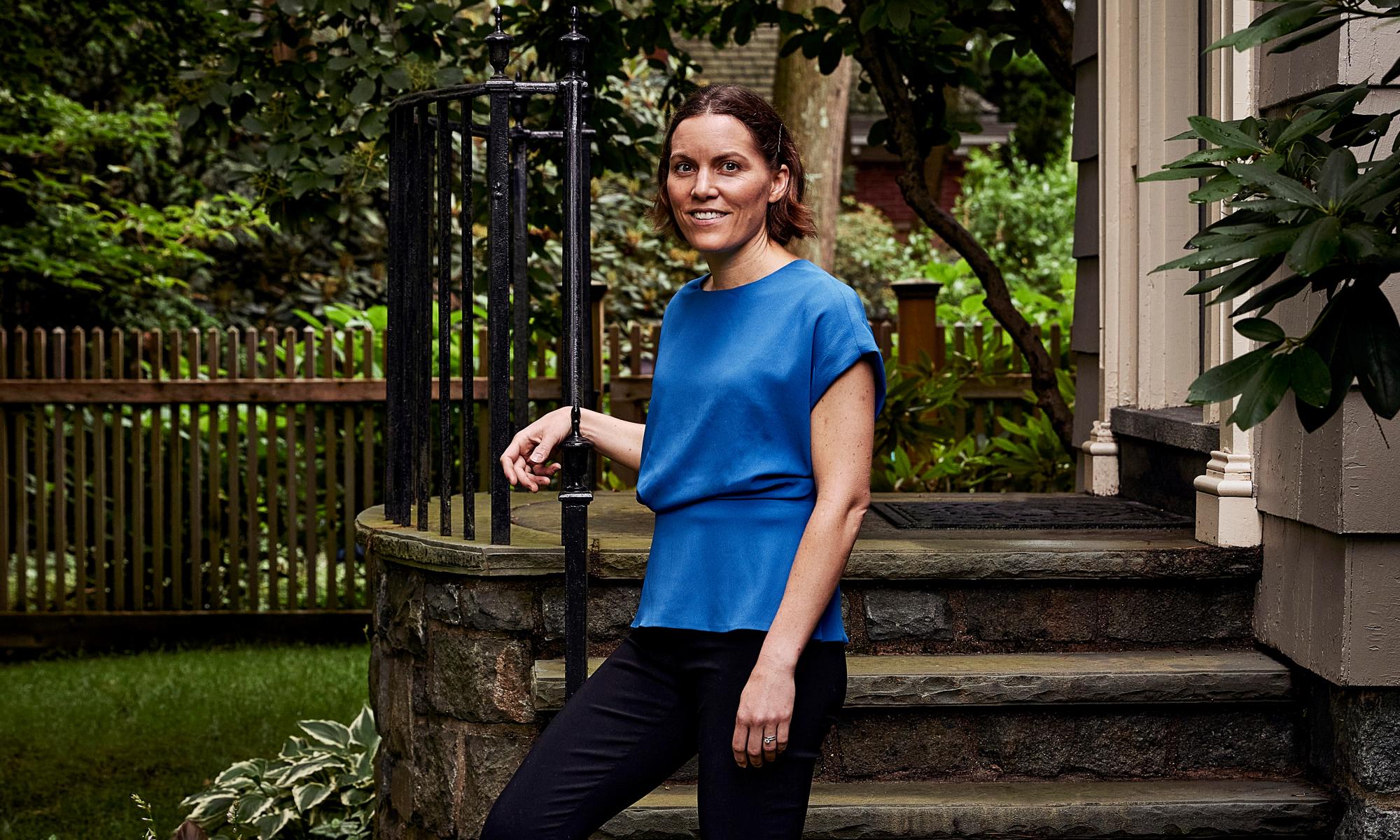
Does this person have any expertise in my family?
One thing that often distinguishes whether advice is helpful is if the person giving it is in any position to judge. Most advice is data combined with your preferences, so someone who doesn’t have those is rarely able to help you make a decision. The closer someone is to you, the more likely they share some of your values, so there are people – such as your parents – where sometimes you want to listen, and sometimes you don’t. Then there are strangers on the internet, people at the park – ask yourself: “Why would I be interested in what this person thinks?”
Why am I doing this?
When it comes to activities, this question is helpful. My kids were jerks when learning to swim – screaming, telling me they were going to drown – but I decided I had to do this because it’s a life skill they need. Similarly, sometimes you do have to go to a family event even if you wish you could lay around in your pyjamas. But there are things you don’t have to do: go to mummy-and-me music class, send your child to preschool, do athletics. Ask yourself: is this good for my kid, is this good for my family, would it be interesting to try? There are a lot of reasons to do something, but “I feel I have to” is rarely a good one.
Does a statistic about children mean mine are at risk?
A lot of the claims you see are driven by correlation, not causation, so they’re not applicable. Take the negative effects on kids who consume more than four hours of television a day. Ask yourself: is it likely this behaviour is random? No. Is there likely something else going on here? Often yes. We talk about social media being bad on average for kids, but there are some for whom it will be good, and some for whom it will be especially bad, and there’s no substitute for developing a relationship with your kid where you can experiment with what works for them as an individual. That’s harder than reading a study, but ultimately it’s what you have to do.
Do I need to worry about this ?
There’s an important distinction between “I’m looking for information” and “Information is being thrust in my face” and we are better at perspective when we’re looking for something. Perhaps you’re deciding whether to send your child to daycare, so you’re researching nurseries, nannies, what works for your budget. You’re ready to take in a bunch of data to make a decision. Rarely in that process do people panic – even if you read someone saying daycare is bad, you’re ready to listen to different perspectives and bring them together. That’s a good headspace. A bad headspace is when you’re scrolling Instagram and a person says, “When you drop your kid at daycare, they think you died.” You weren’t in a headspace to absorb that. Before reacting, ask yourself, “Am I looking for this information right now?” If not, file it away to look at later, or scroll on.
What does my gut tell me (and should I listen)?
I disagree with the view that there’s evidence, and then there’s your gut. Every decision should ideally incorporate both. There are places where one should dominate more than the other, for example, I talk a lot to people about introducing allergens – we have a lot of evidence that a kid is less likely to have a peanut allergy if you give them peanuts when first weaning – but people’s gut instinct is fear. That’s a reasonable fear, but the evidence is strong. On the flipside, a parent thinking about circumcision may have a strong gut instinct and evidence suggests it’s absolutely appropriate for that decision to be based on your personal judgment. Don’t be blinkered in either way.


Post a Comment
0Comments